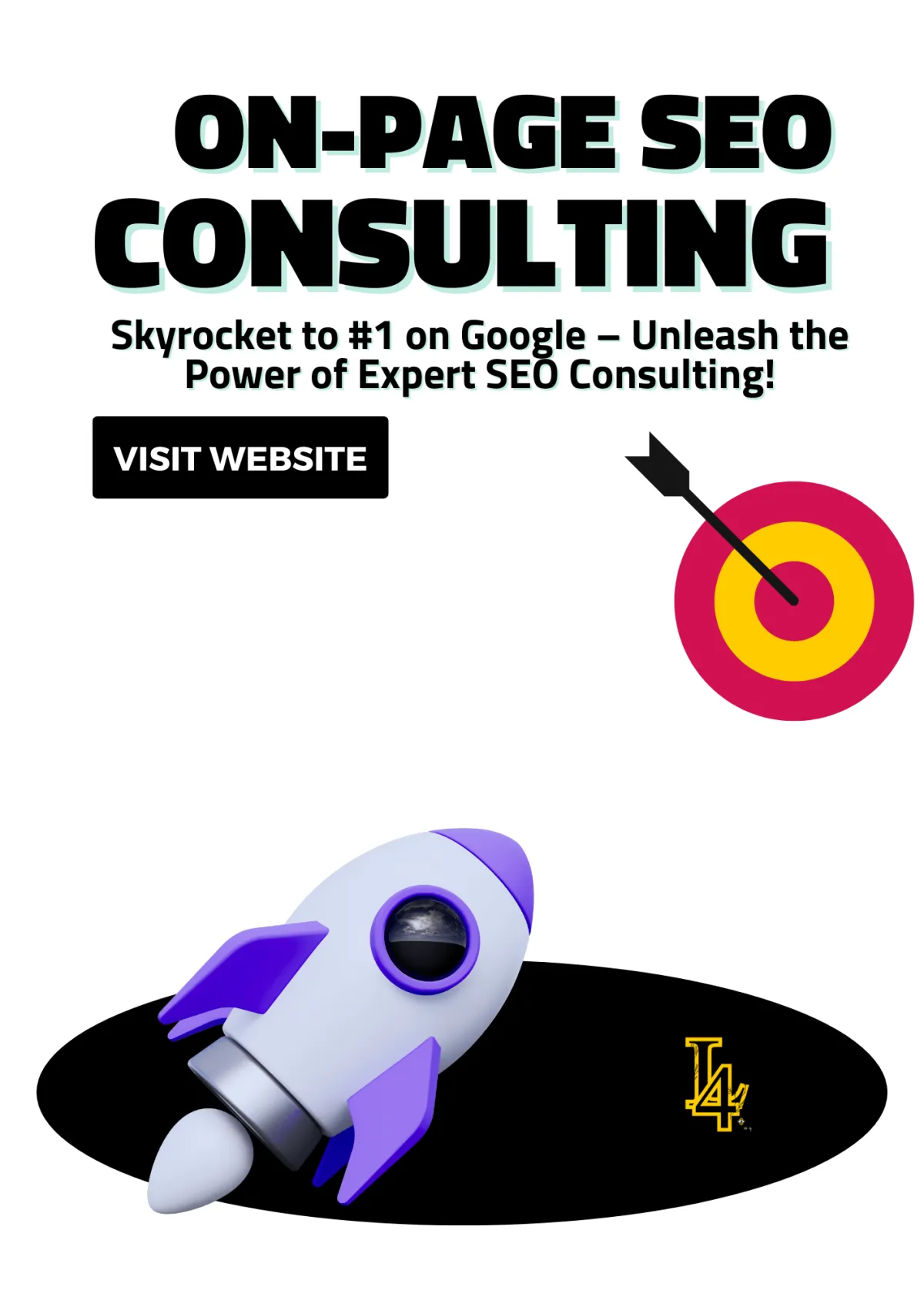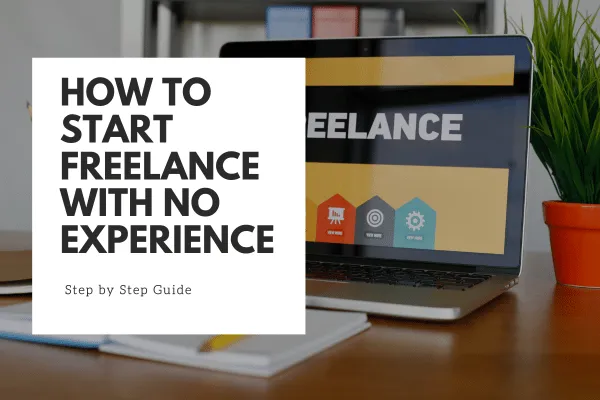
Training Insights Blog: The Untold SEO Hacks to Rank #1 on Google FAST!
This post contains affiliate links, which means I may earn a small commission if you make a purchase through these links—at no extra cost to you. This helps support my content and allows me to continue reviewing amazing products. Thank you for your support! 😊✨

How to Create an SEO-Optimized Blog That Boosts Traffic & Grows Your Business
When I first started my SEO blog, I had no idea what I was doing. I was just trying to figure out how to rank on Google, bring in more traffic, and build an online presence. It wasn’t easy—I made all the mistakes: bad URL structures, missing alt text, no keyword strategy, and no clue about technical SEO.
But as I learned, tested, and optimized, I started seeing real results. My SEO blog turned into a full-fledged web design business, where I now help small business owners do the same. Along the way, I started managing a natural hair care blog for a client, grew my own hip-hop and news blog, and helped several other businesses dominate Google rankings.
The best part? You don’t need a huge team to do this.
If you’re a small business owner looking to build your website’s traffic and increase sales, you can do it yourself by following simple technical SEO steps. In this guide, I’ll break down everything you need to know to create a blog optimized for SEO and bring in consistent, high-quality traffic.
Go Straight to the Next Section 📌
Why SEO Matters for Your Blog and Business
Before we dive into the technical side, let’s get one thing straight:
🔹 A well-optimized blog isn’t just about ranking—it’s about visibility, traffic, and SALES.
Think about it. When people need a product or service, what’s the first thing they do? Google it.
If your business isn’t ranking on the first page, you’re losing out on potential customers. SEO helps you get found.
So how do you get your SEO blog to rank on page 1 of Google? Let’s go step by step.
Step 1: Master the Basics of Technical SEO
A solid SEO foundation is key to making your blog visible on search engines. Here are the core elements you need to get right:
1. Use an SEO-Friendly URL Structure
Your URL structure plays a big role in SEO. Keep your blog URLs clean, simple, and keyword-rich.
🚫 Bad URL: yourwebsite.com/p=123
✅ Good URL: yourwebsite.com/seo-blog-tips
Pro Tip: Always use hyphens (-) instead of underscores (_) and avoid using random numbers or dates in URLs.
2. Optimize Your H1, H2, and H3 Headings
Search engines use headings to understand your content.
H1: Main blog title (ONLY ONE per page)
H2: Major sections (use keywords naturally)
H3-H6: Subsections for better readability
Example structure for an SEO blog post:
markdown
Pro Tip: Use your target keyword in your H1 and at least one H2.
3. Improve Page Speed and Mobile Usability
Google prioritizes fast, mobile-friendly websites. If your site loads slowly, your rankings will suffer.
🚀 Speed Optimization Tips:
Compress images using TinyPNG or ShortPixel
Enable browser caching
Use a lightweight theme for your blog
📱 Mobile Optimization Tips:
Make sure your website is mobile-responsive
Use large, readable fonts
Avoid intrusive pop-ups
Pro Tip: Test your page speed with Google PageSpeed Insights to see what’s slowing your site down.
Step 2: Keyword Research for SEO Blog Success
When I first started, I thought I could rank for any keyword—big mistake. I learned that keyword research is crucial if you want to drive targeted traffic.
1. Find Low-Competition Keywords
Use free tools like:
🔍 Google Keyword Planner
🔍 Ubersuggest
🔍 AnswerThePublic
Look for long-tail keywords (phrases with 3+ words). They have lower competition and are easier to rank for.
🔹 Example: Instead of "SEO", target "how to optimize a blog for SEO".
2. Use Keywords in the Right Places
Once you find the right keywords, use them strategically in your blog:
✅ Title (H1)
✅ At least one H2
✅ First 100 words
✅ URL
✅ Image Alt Text
✅ Meta Description
Example: If your keyword is "best SEO blog tips", your H1 should be:
"Best SEO Blog Tips: How to Rank on Google Fast"
Step 3: Write Engaging, SEO-Optimized Content
Now that you’ve got the technical side down, it’s time to write killer content that ranks!
1. Create Valuable, Long-Form Content
Google loves in-depth content. Aim for 1,500+ words to fully cover a topic.
2. Add Internal and External Links
✅ Internal Links (link to your own content)
✅ External Links (link to authority sites)
This helps SEO and keeps visitors on your site longer.
3. Optimize Images with Alt Text
Every image should have alt text using your keywords. This helps Google understand the image content and improves image SEO.
Example:
📷 Alt Text: "SEO blog tips for small business owners"
Step 4: Promote Your Blog for Maximum Traffic
Ranking isn’t just about SEO—it’s about getting people to your site.
🚀 Promotion Strategies:
🔹 Share on social media (Facebook, Twitter, LinkedIn)
🔹 Send to your email list
🔹 Guest post on related blogs
🔹 Post in Facebook Groups & Reddit
More traffic = higher rankings.
Step 5: Track Your Progress and Improve
Use these free tools to monitor your blog's performance:
📊 Google Analytics – See how much traffic you’re getting
📈 Google Search Console – Check search rankings & fix errors
🔍 Ahrefs/SEMrush – Track keyword rankings
If your blog isn’t ranking, tweak it!
SEO is a Game-Changer for Small Businesses
Starting my SEO blog was the best decision I ever made. It helped me grow into web design, manage a natural hair care blog, build a hip-hop news blog, and help other businesses succeed.
If you’re a small business owner, investing in SEO for your blog will:
✅ Bring in consistent traffic
✅ Establish you as an authority
✅ Increase sales and leads
You don’t need a massive team to do this. Just follow these SEO best practices, stay consistent, and watch your traffic grow.
Now go out there, start your SEO blog, and dominate Google! 🚀

Guest Blogging as an SEO and Reputation Management Strategy
When I first started my SEO blog, I was solely focused on getting my own website to rank. But as I dove deeper into SEO and reputation management, I quickly realized that one of the best ways to boost credibility and online presence was through guest blogging.
Guest blogging isn’t just about backlinks—it’s about building authority, expanding reach, and managing your online reputation. For small business owners who don’t have a huge team to handle SEO and PR separately, this strategy is a game-changer.
Why Guest Blogging Helps SEO and Reputation Management
🔹 Increases Brand Visibility – Publishing guest posts on well-known sites puts your brand in front of a larger audience.
🔹 Strengthens Your Authority – High-quality content on reputable platforms establishes trust and credibility.
🔹 Improves Search Rankings – Guest blogs often include valuable backlinks that boost your site’s SEO.
🔹 Controls Your Narrative – Writing guest posts allows you to shape how your brand is perceived online.
I’ve personally used guest blogging for my own businesses and the clients I manage, from a natural hair care blog to a hip-hop and news site. By consistently contributing high-value content to reputable blogs, I’ve been able to rank higher on Google while simultaneously building a solid online reputation.
How to Use Guest Blogging for Reputation Management
If you’re a small business owner, guest blogging can be one of the most powerful tools in your SEO and reputation management arsenal. Here’s how you can leverage it effectively:
1. Choose Reputable Blogs in Your Niche

Not all guest blogging opportunities are created equal. You want to publish on trusted, authoritative sites in your industry—whether that’s SEO, e-commerce, beauty, real estate, or any other niche.
Pro Tip:
Look for websites that have:
✅ A strong domain authority (DA) (you can check this using tools like Ahrefs or Moz)
✅ An active audience that engages with content
✅ A focus on your industry
For example, if you’re in digital marketing, contributing to an SEO blog like Moz, Search Engine Journal, or LookHin4’s Online Reputation Cost Guide can boost your credibility in the field.
2. Write High-Value, SEO-Optimized Content
If you want your guest post to drive traffic and build your reputation, it has to be valuable. That means:
✅ Covering in-depth topics that provide real insights
✅ Answering common questions that your target audience searches for
✅ Using SEO best practices (keywords, headings, alt text, and internal/external links)
Think about the kind of content that positions you as an expert. For example, when I write for a natural hair care blog, I don’t just share basic styling tips—I break down ingredient benefits, product comparisons, and hair growth techniques backed by science. The more educational and authoritative your content, the stronger your reputation.
3. Build Relationships with Blog Owners & Editors
One of the biggest benefits of guest blogging is that it opens the door to valuable partnerships.
When you contribute high-quality content to reputable blogs, editors and business owners start seeing you as an authority. That means:
✅ More guest blogging invitations
✅ Opportunities for collaborations
✅ Being recommended for speaking engagements, podcasts, and consulting gigs
For example, after guest posting on a popular SEO blog, I was invited to collaborate on an SEO masterclass—something that helped me grow my business even further.
4. Use Guest Blogging to Bury Negative Content
If you’ve ever had bad press, negative reviews, or outdated content ranking for your name or brand, guest blogging can help push it down in Google search results.
🔹 Google favors fresh, high-quality content from reputable sites.
🔹 A well-optimized guest post can outrank negative content.
By publishing consistent SEO-rich guest blogs, you can bury unwanted search results and replace them with positive, reputation-boosting content.
For example, if someone searches for your business name, instead of seeing negative Yelp reviews, they’ll find well-written guest posts on trusted industry websites that highlight your expertise and value.
Related Read: Want to understand the real cost of online reputation management? Check out this detailed guide on Online Reputation Cost.
To Recap: Guest Blogging is an SEO & Reputation Power Move
When I started my SEO blog, I thought the only way to rank on Google was to optimize my own site. But guest blogging completely changed my approach to SEO and reputation management.
Now, I use it to:
✅ Boost my website’s rankings
✅ Increase my authority in different industries
✅ Manage online reputations for myself and my clients
✅ Drive long-term, organic traffic
If you’re a small business owner, guest blogging is an essential strategy to not only grow your site’s SEO strength but also build credibility and protect your reputation.

Conclusion: Your Roadmap to SEO Success & Online Reputation Mastery 🚀
Creating an SEO-optimized blog transformed my business, and I promise it can transform yours too. Whether you're running a small business, managing blogs for clients, or building your own brand, mastering SEO doesn't require a huge budget or massive team—just the right strategies, consistency, and dedication.
From learning the ropes with my first SEO blog, to diving deep into web design, managing a natural hair care blog, and growing my personal hip-hop news site, I've seen firsthand how simple, strategic SEO steps can lead to massive traffic growth, increased sales, and a stronger online reputation.
Don't forget—guest blogging is your secret weapon for improving your site's SEO and building an impressive online reputation. It's how you get seen, build authority, and stay in control of your brand's narrative online.
More Articles
Turn Clicks to Cash: Build a Web Template That’s Straight Heat
Search Engine Marketing in 2025: How Consultants Maximize ROI & Avoid Costly Mistakes
How to Optimize Your Website for Faster Speeds
Drag-and-Drop Website Builders vs. Coding: Which is Better for You?
5 Meta Description Tips for Beginners: Write Like a Pro!
Get More Customers with GMB Optimization – Rank #1 in Your Area!
Online Reputation Specialist Shares Secrets to Boosting Trust & SEO Rankings
Can Businesses Pay Yelp to Remove Bad Reviews?
No Cap: How to Avoid Bad Reviews with Happy Customers
Top Content Creation Hacks the Pros Don’t Want You to Know!
























